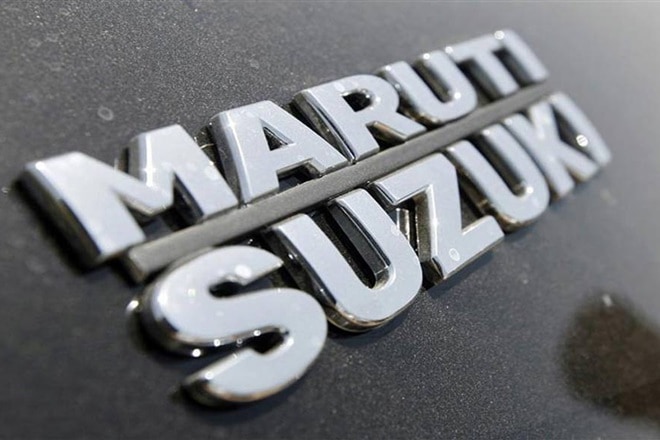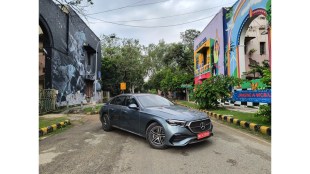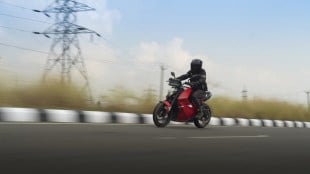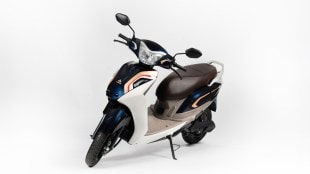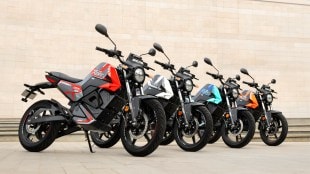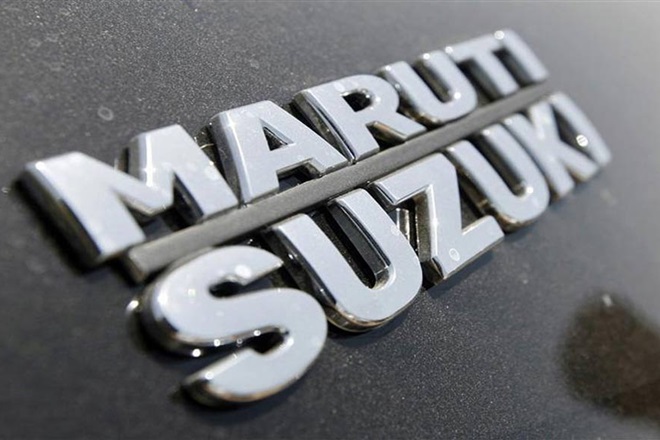
Maruti Suzuki on Thursday reported a massive 39.4% year-on-year (y-o-y) decline in net profits at `1,358.6 crore for the September quarter, the sharpest fall in at least eight years, primarily on account of a one-third drop in sales. The last time that such a steep fall in profit after tax was seen was in the July-September quarter of 2011-12, when net profits fell 56% y-o-y.
The fall in profits in Q2FY20 could have been steeper but higher other income of about `400 crore and substantially lower tax expense helped the company arrest that and beat the Bloomberg consensus estimates of `1,032.8 crore.
The Maruti stock fell around 2% in the afternoon trade after the results were announced. It finally ended 0.66% down at `7,390.40 on the BSE.
Maruti Suzuki India chairman RC Bhargava said demand for cars slipped sharply since last year as multiple regulations including those related to safety, insurance and emissions came at the same time. “This led to increase in cost of acquisition for the consumers. On the top of it, availability of finance for cars went down substantially, impacting demand,” Bhargava said at the post-earnings press conference. He further said due to higher interest rates, initial deposits at the time of buying has gone up by 11% from 10% earlier, a jump of over two-fold. “Interest rates have not gone down in line with the repo rate reduction,” Bhargava said.
As volumes tumbled over 30% y-o-y in the July-September quarter, the country’s largest car maker’s revenue from operations fell 25.2% y-o-y at Rs 16,120.4 crore. Operating profit margin fell by a sharp 580 basis points to 9.5% due to higher sales promotion expenses, employee expense and lower sales volume. Consequently, earnings before interest, tax, depreciation and amortisation (Ebitda) dipped by 53% to Rs 1,606 crore.
As inventory rose to above normal levels following a prolonged slowdown in demand since last year, Maruti Suzuki offered the highest ever discounts during the quarter to boost sales. Average discounts swelled to around Rs 25,000 in Q2FY20 as against Rs 18,000 in the same quarter previous fiscal. Bottomline was aided by a 75% y-o-y increase in other income to Rs 920 crore and a 78% y-o-y decline in tax expenses to Rs 213.4 crore, as the company switched to the lower corporate tax rate introduced by the government in September.
Maruti Suzuki CFO Ajay Seth said the firm had a benefit of about 5 percentage points due to lowering of corporate taxes.
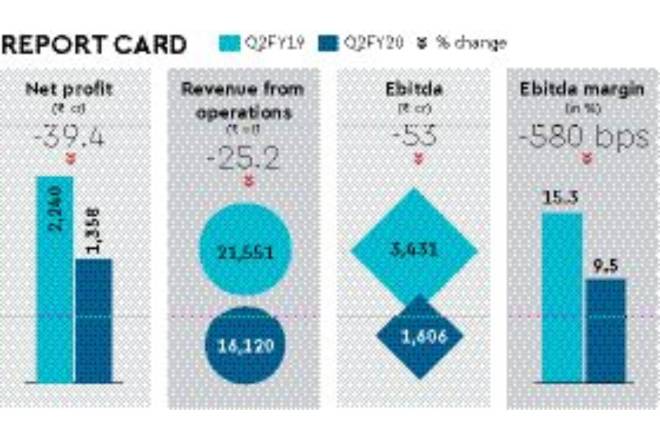
Average realisation per unit, however, improved to Rs 4,13,327 in Q2FY20 as against Rs 4,00,327 in the corresponding quarter as the company increased prices on several occasions. “Realisations improved slightly due to price hikes taken on multiple accounts including addition of safety features and roll out of BS-VI models which are costlier,” Seth told FE.
Analysts lowered the volume growth and Ebitda margin outlook for FY20 and FY21 saying higher focus on the entry segment and lack of diesel options initially under BS-VI may make it more difficult for Maruti to outpace industry the growth. “We lower our volume growth estimates by 10-14% for FY20-22F as demand recovery in the near term remains elusive. We now factor in a sharp 16% decline in volumes in FY20, followed by 10% growth in FY21,” analysts at Nomura wrote. Citing lower operating leverage and higher discount assumptions, they lowered the Ebitda margin estimates to 9.6% and 10.9% for FY20 and FY21 from 11.4% and 12.4% earlier.
Maruti recorded its worst ever quarterly decline of 62% y-o-y in sales of small cars during the September quarter while compact car sales fell 23% y-o-y. Total domestic sales tumbled 31.4% y-o-y during the quarter. Suzuki’s most profitable subsidiary also lost market share by around 300 basis points, falling below 50% hit by fall in demand for small cars and competition from new entrants.
Suzuki has completed the construction of the second plant in Gujarat and which started production of the Maruti’s Swift hatchback, earlier in July. The two plants in Gujarat have annual production capability of 2,50,000 units, which makes Suzuki Motor Gujarat’s total capacity increase to 5,00,000 units. Together with Maruti Suzuki’s production ability of 15 lakh units, Suzuki’s production capability of automobiles in India will now be a 20 lakh units. The third plant is Gujarat is scheduled to start operations in 2020.
